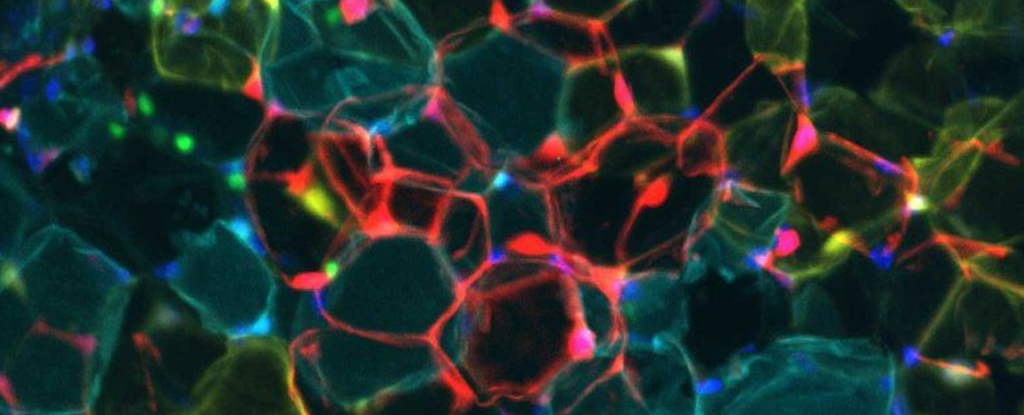
A recent study has revealed the significant role of the amino acid cysteine in regulating fat metabolism, potentially offering new avenues for weight loss strategies. Conducted by a team of researchers from various institutions in the United States, the research aims to clarify the mechanisms behind why reducing caloric intake often leads to weight loss.
The findings suggest that cysteine depletion is crucial in transforming white fat, which is stored in the body, into brown fat, which is utilized for energy expenditure and heat generation. This shift effectively acts as a biological mechanism for weight loss. “These results suggest future weight management strategies that might not rely exclusively on reducing caloric intake,” stated Krisztian Stadler, a biomedical engineer at the Pennington Biomedical Research Center.
The researchers propose that a controlled diet may promote weight loss primarily by lowering cysteine levels, which is prevalent in many protein-rich foods. To investigate this hypothesis, the team conducted experiments with mice that were unable to produce their own cysteine. These mice exhibited a striking 25-30 percent reduction in body weight within just one week when cysteine was not supplemented in their diet.
While the study did not include human subjects, the researchers analyzed data from 238 individuals who had previously participated in a caloric restriction diet. The results indicated that these individuals had significantly lower levels of cysteine in their fat tissue, suggesting a correlation between caloric intake and cysteine levels in humans.
Despite the promising implications, the study also raised concerns regarding the potential risks of manipulating cysteine levels. Blocking cysteine led to a life-threatening drop in weight in the mice, although their weight was restored upon reintroducing cysteine. It’s essential to recognize that the body requires this amino acid for various metabolic functions. “In addition to the dramatic weight loss and increase in fat burning resulting from the removal of cysteine, the amino acid is also central to redox balance and redox pathways in biology,” explained Stadler.
The complexity of human metabolism presents challenges in developing effective weight management strategies. Numerous factors contribute to weight gain and loss, and disrupting one process can affect others. As Eric Ravussin, a physiologist at the Pennington Biomedical Research Center, noted, “Reverse translation of a human caloric restriction trial identified a new player in energy metabolism.”
The research findings were published in the journal Nature Metabolism, marking a significant advancement in understanding the intricate relationship between amino acids and metabolic processes. This study not only highlights the potential for novel weight loss strategies but also emphasizes the need for a cautious approach when considering metabolic interventions.






